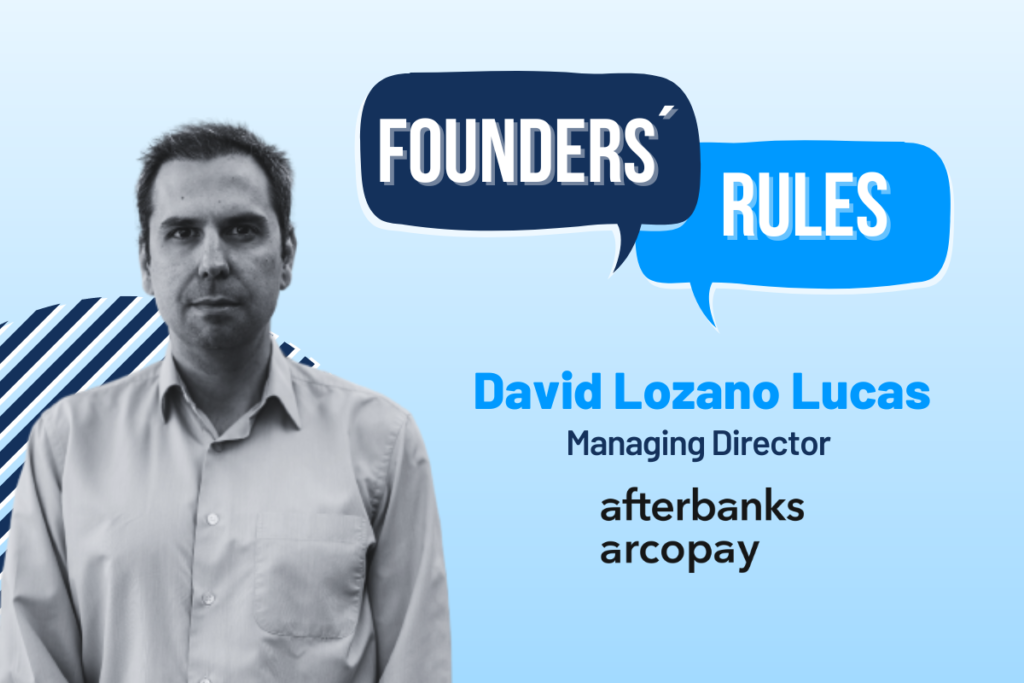[FH]: How did Younited start and what motivated you to join the company?
[AC]:Younited story started in Paris back in 2009 and I joined at the end of 2016 when we were operating only in France and Italy. I was thrilled to start up a project from scratch in Spain and a year later in Portugal. While the echo of the Credit crisis of 2008 was still generating a negative reputation for the financial industry, Younited was heavily standing for a transparent, agile and 100% online product.
[FH]: How is Younited enabling embedded finance?
[AC]: We have extended our offer range beyond personal loans to cover online and physical PoS financing. Younited pay is the brand of our partnership program, and offers solutions to embed our e-credit instant product in partners’ environments such as mobile apps or websites or at their checkout point.
[FH]: What are the main differences between requesting a credit through Younited and other legacy players?
[AC]: We were born digital so all our process can be completed online with a few data and credentials. Data intelligence along with risk assessment are in our DNA, therefore we are always able to assign the best price to each customer profile in the market.
[FH]: What have been the challenges and achievements of Younited in the Portuguese market?
[AC]: We have been the first financial player entering the Portuguese market with a real full digital process, including for example the signature of the contract. We are an open and absolute supporter of the PSD2 regulation in every country but specially in Portugal where we offer open banking solutions to our prospects. This is at the same time a great challenge for Younited, since it requires the whole banking ecosystem to make customers’ data available to other players upon customer’s request. Again, data is customers’ best friends since, through it, we can ultimately offer the best prices.
[FH]: Do you believe that banks are prepared to answer to this growing trend, especially in the Portuguese case?
[AC]: Portuguese traditional banks are generally arriving late to all the technological developments demanded by the market in terms of integrated and smooth customer journeys for example, but, above all they are still focusing on the market they know and not offering solutions to the segment of non-customers. These, to me, are their main challenges Portuguese banks need to address quite soon






























